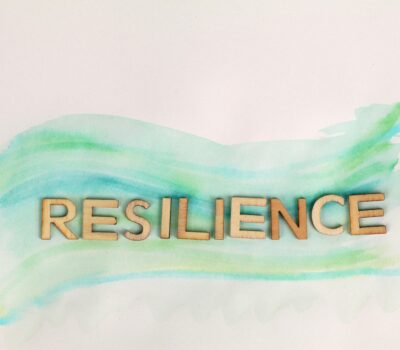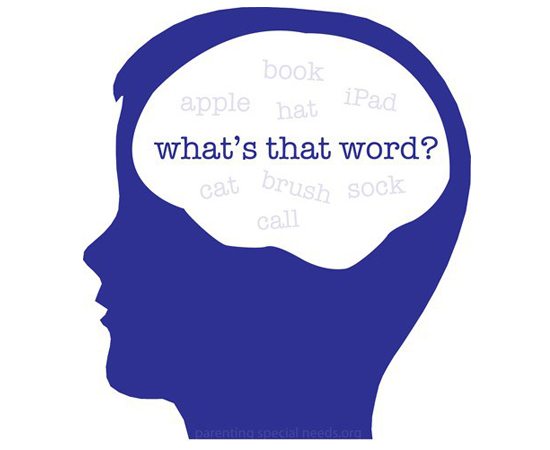

It’s ‘on the tip of my tongue’. How do we support children (or adults) who struggle to access words whilst speaking or writing? Jayne Carter explains..

I think that most people from time to time have had a moment where the word you need seems to be located somewhere in a fog within your head. It may be a word you have used a thousand times before but on this occasion it seems to have completely vanished from your vocabulary repertoire. When this happens it can be extremely frustrating as you try to rationally retrieve it and launch it back into your consciousness and slot into your conversation. The phrase ‘on the tip of my tongue’ is often used to describe this with speech and language therapists & clinical psychologists naming this difficulty as dysnomia.
Let’s consider the acts of recall & retrieval and the place they play in the development of language skills. When events or information needs to be recalled or retrieved from the brain, this child or adult needs to access previously encoded information which is stored in the brain in either the short term or long term memory stores depending on how soon the information is needed to be rediscovered after being assimilated. Short term memory helps to store information for a short period of time (aprox 20 secs) whilst it is analysed by the brain. If this information is understood and strategies are strong to be able to move to the long term memory the bank of knowledge strengthens. Linking the information from the short term memory to the existing information in the long term memory is essential in building vocabulary, context understanding & sentence building.
Information is stored in a series of links and associations which are organised in a variety of categorised pathways. These pathways create a neural network; a specific mapped direction of where this information is stored.
Because of the way memories are encoded & stored, memory recall requires re-visiting the nerve pathways the brain formed when encoding the memory. Recall effectively returns a memory from long-term memory storage to short-term memory storage, where it can be accessed, in a kind of re-stepping of the encoding process. It is then re-stored back in long-term memory thus re-consolidating and strengthening it
What causes dysnomia? These are the suggestions being offered for the rise in these difficulties:
Children demonstrating aspects of dysnomia may have non fluent times of speaking and/or writing. They may struggle with expressive language or comprehension tasks. You may have observed children talking around a word; choosing to discuss context and subject until the appropriate word can be retrieved or using a different word for the preferred one. Other coping strategies include using utterances such as ‘umms’, ‘arrs’& ‘you know’ to buy a little more time for the retrieval process to happen.
When this happens to me (this has been a characteristic of both my verbal communication & written communication ever since secondary school) it feels like the word or phrase I need is somewhere lost in a maze and I need to use a specialised Jayne map to locate it. Time is essential here but not easy when in front of a room full of CPD attendees or supporting in a coaching session. After all, communication is such an essential part of my role! It’s important to feel secure that the word is there somewhere & it will be retrieved; this feeling of despair is temporary. I find that association strategies really help; an explanation around the desired word usually results in successful retrieval. Most of the time I can play it off with the help of people around me; accepting help when I launch into my explaining strategy.
But how can we support children when they experience these difficulties? Regardless of the age and stage of language acquisition and development, all children would benefit from knowing that it’s ok and they have a supportive and responsive adult there who recognises and acknowledges this. Time is obviously vital here. If there are still difficulties and you can see that the child is in distress as they struggle to locate the word they need, then explicitly teaching various retrieval strategies may be beneficial. These could include: